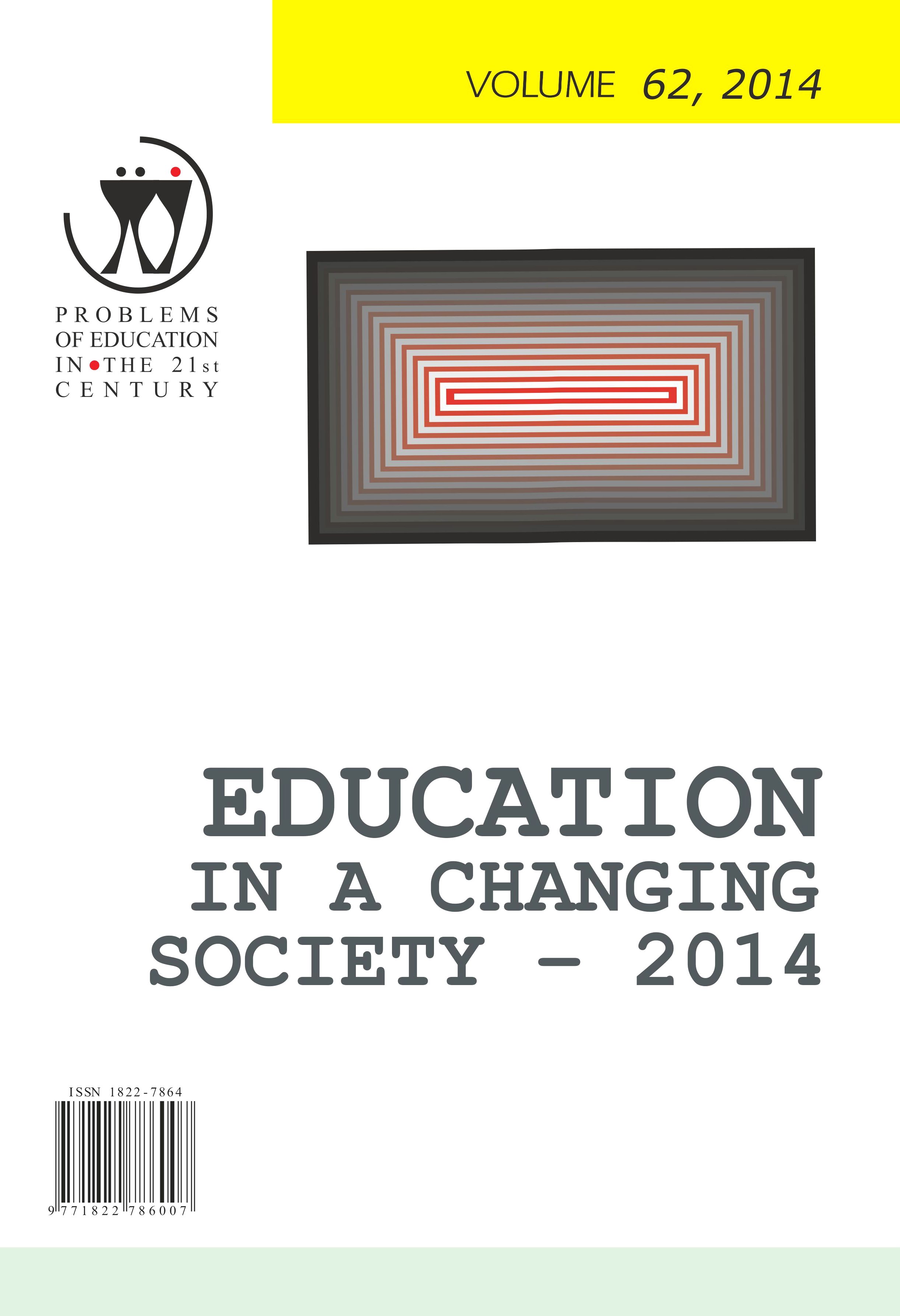THE ROLE OF OPTIONAL DISCIPLINES IN DEVELOPING TRANSFERABLE COMPETENCES: A CASE OF ROMANIA
THE ROLE OF OPTIONAL DISCIPLINES IN DEVELOPING TRANSFERABLE COMPETENCES: A CASE OF ROMANIA
Author(s): Adela Bradea, Karla PeterSubject(s): Education, School education
Published by: Scientia Socialis, UAB
Keywords: curriculum; learning results; optional disciplines; transferable competences;
Summary/Abstract: In Romania, the curriculum is traditionally strongly based on disciplines, the teachers being primarily specialised in one discipline only. Developing transferable competences requires new ways of teaching and learning, which transcend the traditional boundaries among disciplines. As they are being developed, these competences become important factors in the process of learning competences specific to certain disciplines, while also help the individual to adapt to the dynamics of a complex reality. Thus, given the importance of transferable competences, along with the reform of the curriculum, in the Romanian educational system optional disciplines were also included. The aim of this study was to analyse that, although there is a legislative framework, the development of activities that include multiple learning objectives or results that cross the traditional boundaries among disciplines, is still poor. The strategy used for the study was a complex one. It combined both quantitative research methods and qualitative ones: literature review (framework documents on educational policies), a statistic analysis, a questionnaire-based survey. The results have demonstrated the need for change in school organization and culture, so that the transferable competences acquired become indeed competences for life.
Journal: Problems of Education in the 21st Century
- Issue Year: 62/2014
- Issue No: 1
- Page Range: 21-28
- Page Count: 8
- Language: English

